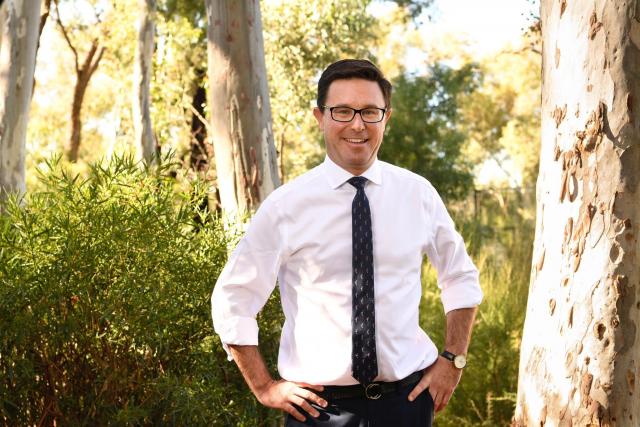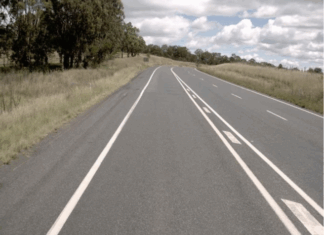Digital Edition
Subscribe
Get an all ACCESS PASS to the News and your Digital Edition with an online subscription
Cunningham Highway rebuild begins
Early works have begun as the state government commits to fixing the Cunningham Highway.
In attempts to improve safety and make the road more reliable,...








